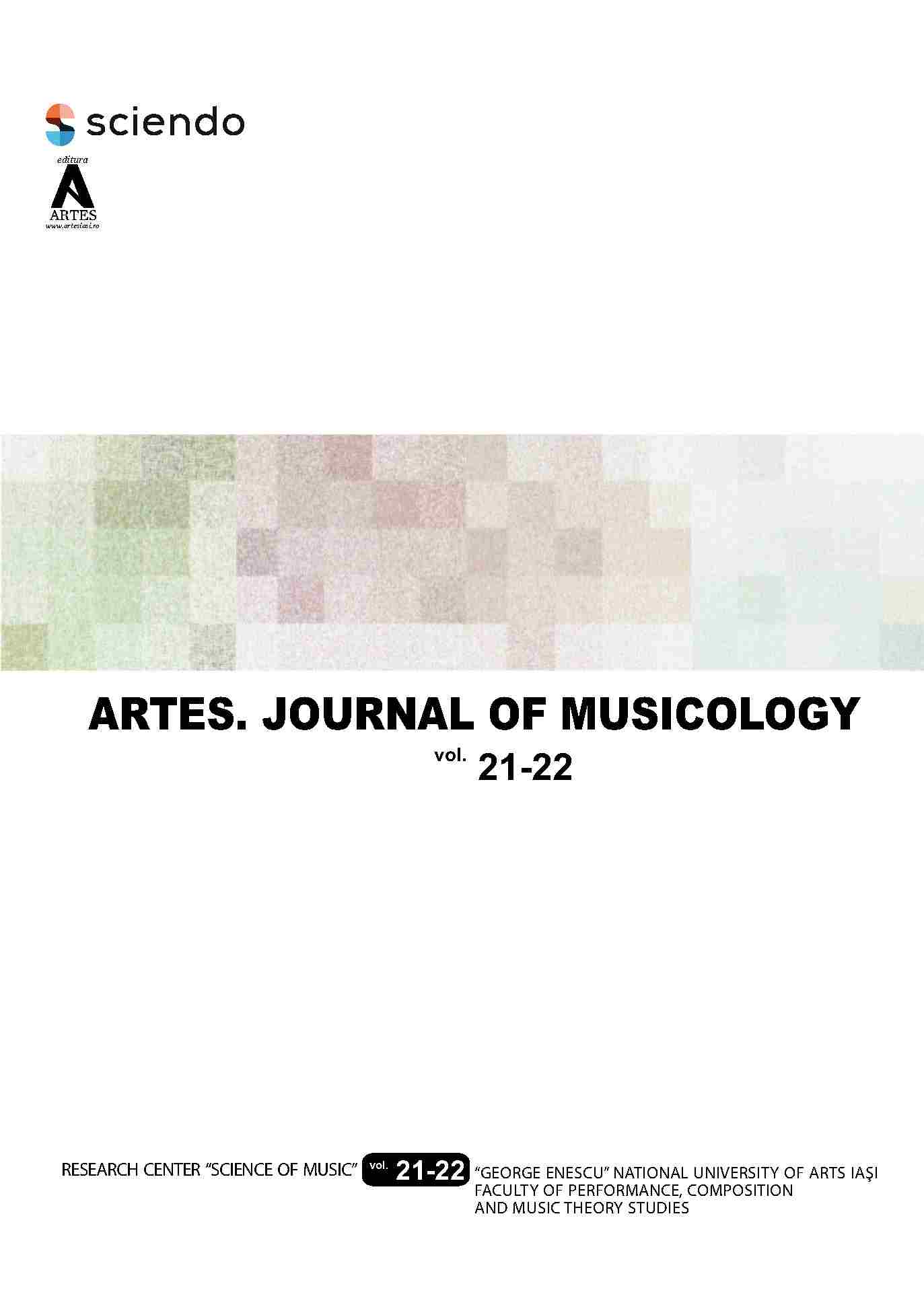The Concept of ‘Authenticity’ in Musical Interpretation: An Ontological Perspective
The Concept of ‘Authenticity’ in Musical Interpretation: An Ontological Perspective
Author(s): Andreea StoicescuSubject(s): Music
Published by: Editura ARTES
Keywords: authenticity; history; (musical) work; aura; unity;
Summary/Abstract: In this paper I attempt a brief analysis of the concept of ‘authenticity' from musicological and philosophical perspectives. This term bears important metaphysical presuppositions. A good example is the complex meaning and the central role this term has in one of the most influential philosophy books in the 20th century: Martin Heidegger’s Being and Time. This term appears in a crucial point of the treatise: when man (Dasein) must turn his existence toward his intimate self in order to truthfully understand his own being. Notably, in this philosophical context, ‘authenticity’ refers to essential, hidden traits of one individual being in accordance with their way of thinking, feeling and overall behavior. When you are not authentic you submit yourself to impersonal existence. These connotations have common cultural roots with those within musicology, in the latter referring to contemporary debates concerning theoretical difficulties about the historical informed performance movement as held especially by the musicologist Richard Taruskin. In this case, ‘being in accordance’ would mean that certain characteristics considered essential to a musical work are satisfied by the interpretation of the work. The ontological problem concerns the manner in which we conceive the reference of the expression ‘musical work’ and the nature of musical experiences in general. The well-known aesthetician T.W. Adorno, following remarks by Walter Benjamin, criticized Heidegger’s treatment of the concept of ‘authenticity’ for the reason behind it is simply cultural presuppositions from that time, not metaphysical truths. I will argue that, philosophically, neither can fully sustain strong theses and instead propose ‘authenticity’ to mean ‘accordance’ between internal characteristics of a musical work and the interpreter’s personal, but at the same time informed, vision of the same work.
Journal: Artes. Journal of musicology
- Issue Year: 2020
- Issue No: 22
- Page Range: 193-208
- Page Count: 16
- Language: English

